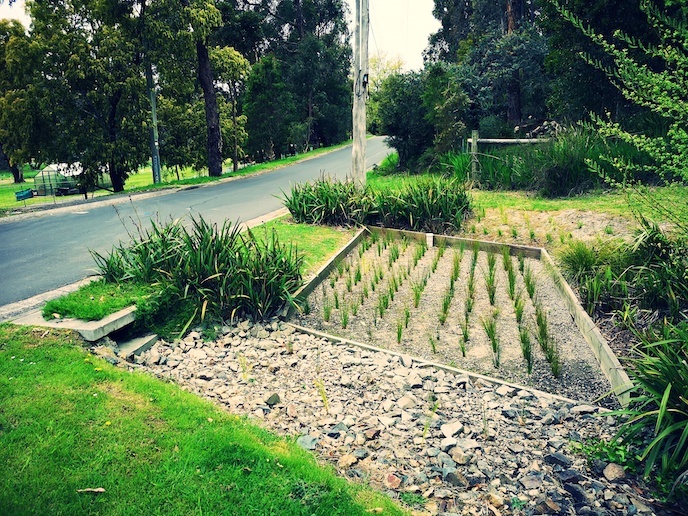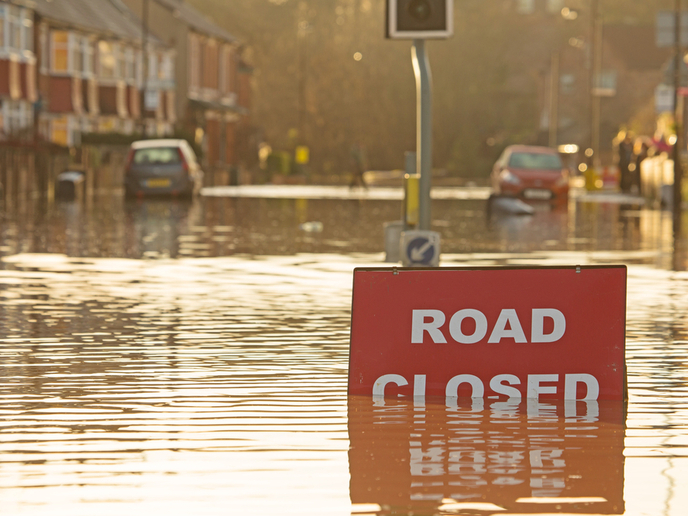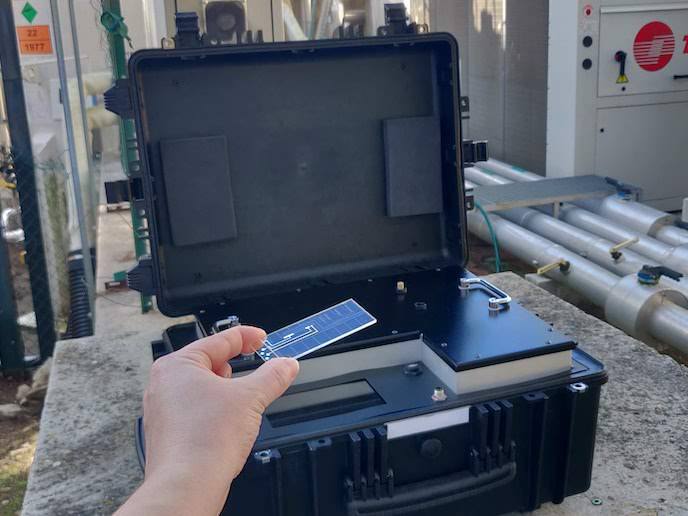Reports reveal the state of urban water systems
Water is one of the elements responsible for life on our planet. As such, the preservation and regeneration of this resource is critical to the survival of an immeasurable number of species on earth, and essential to maintaining the quality of life to which we have become accustomed. However, with future demands on water expected to rise to a level that will eventually exceed water supplies, there is an urgent need to rethink our traditional water management systems. Almost half of the water supply of Western and Eastern Europe and the Mediterranean comes from urban aquifers. Groundwater is a key part of the urban water cycle of all cities located on aquifers, yet it remains inadequately integrated into urban water management practices. The driving force behind the joint Euro-Australian AISUWRS (Assessing and Improving Sustainability of Urban Water Resources and Systems) project was to increase the knowledge base of the current status of urban water resources and processes by providing assessments and tools for alternative planning approaches. A key outcome of the initiative has been the production of a series of analysis reports. These represent a practical assessment of urban water management systems based on a diverse range of environmental, social and economic perspectives. Understanding these issues is an essential step towards developing long-term integrated systems that are cost-effective and sustainable. The research was conducted in the four cities of Ljubljana (Slovenia), Rastatt (Germany), Doncaster (England) and Mount Gambier (Australia). The findings revealed that in some instances perceptions and priorities varied for the experts responsible for water management as well as the different stakeholders. In this regard, the AISUWRS project team developed tools to encourage deliberation processes that are both necessary and urgently required. Formal sustainability assessment methodologies were also further developed and tested during the case studies. The SEESAW model, for example, was applied as far as possible alongside research for the socio-economic analysis reports. The model used 17 environmental sustainable indicators that considered groundwater, drinking water production, consumption, wastewater treatment and by-products. The AISUWRS initiative is a member of the CityNet cluster, the network of European research projects on integrated urban water management.







